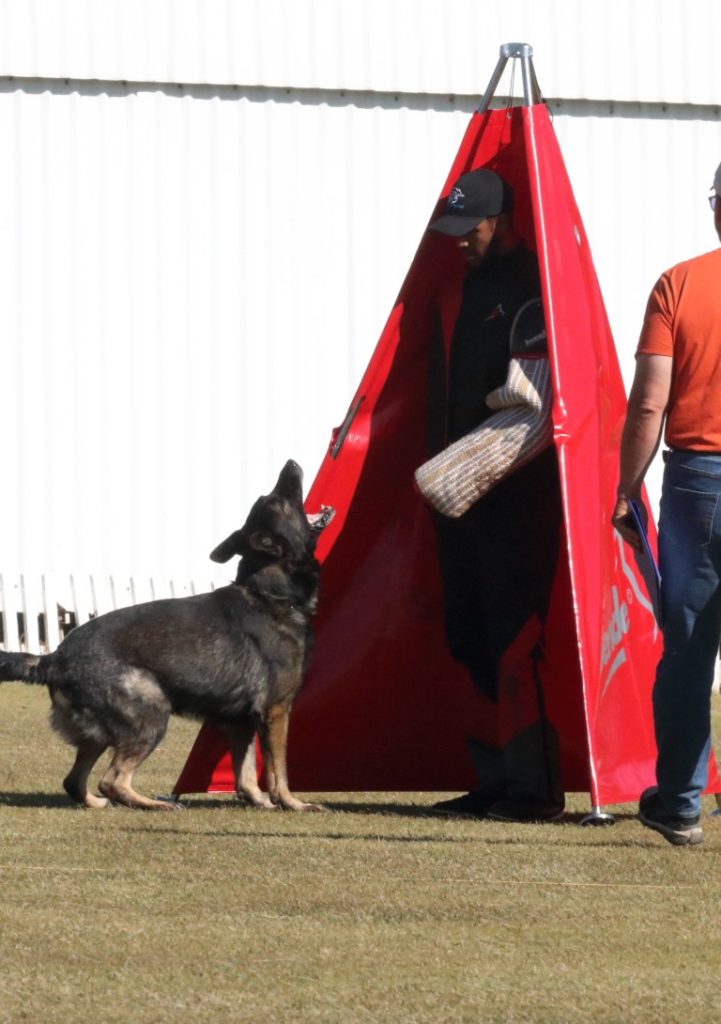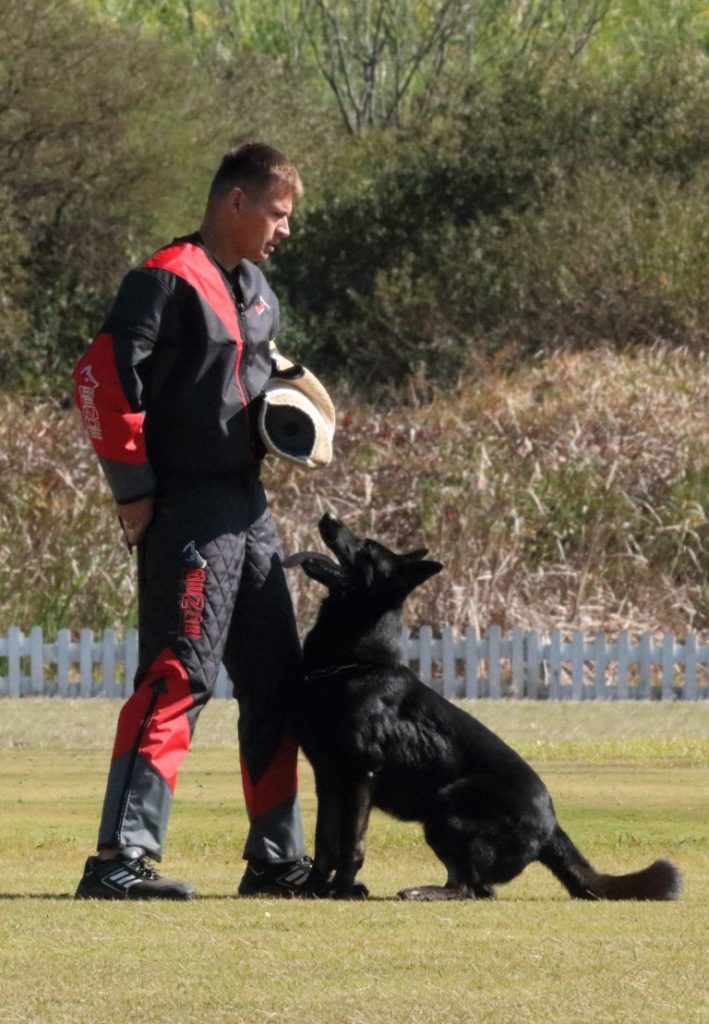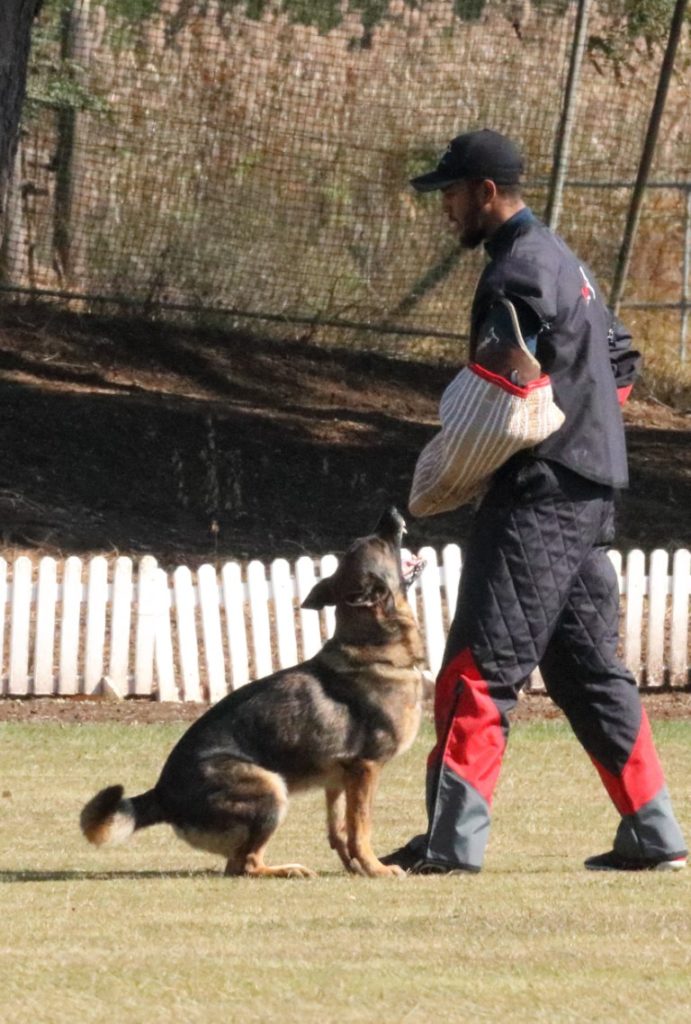ABOUT IGP
The sport of IGP (International Gebrauchshund Prufung)/ International Working Dog Sport, also referred to in the past as IPO or Schutzhund) has it roots in Germany where it was introduced as a tool to test a dogs working abilities, intelligence and endurance. The test was develop to identify dogs that have or do not have the character traits such as: a strong desire to work, courage, intelligence, trainability, strong bond to the handler, protective instinct and sense of smell. It also tests for physical traits such as strength, endurance and agility, all of which identify a dogs suitability for producing the next generation of sport / working dogs.
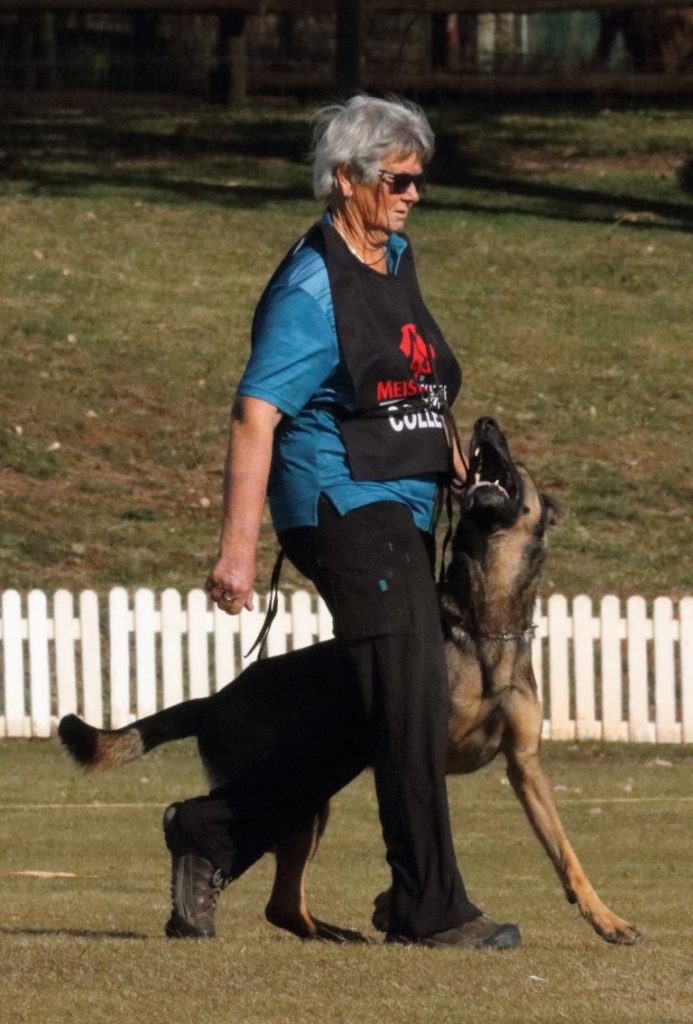
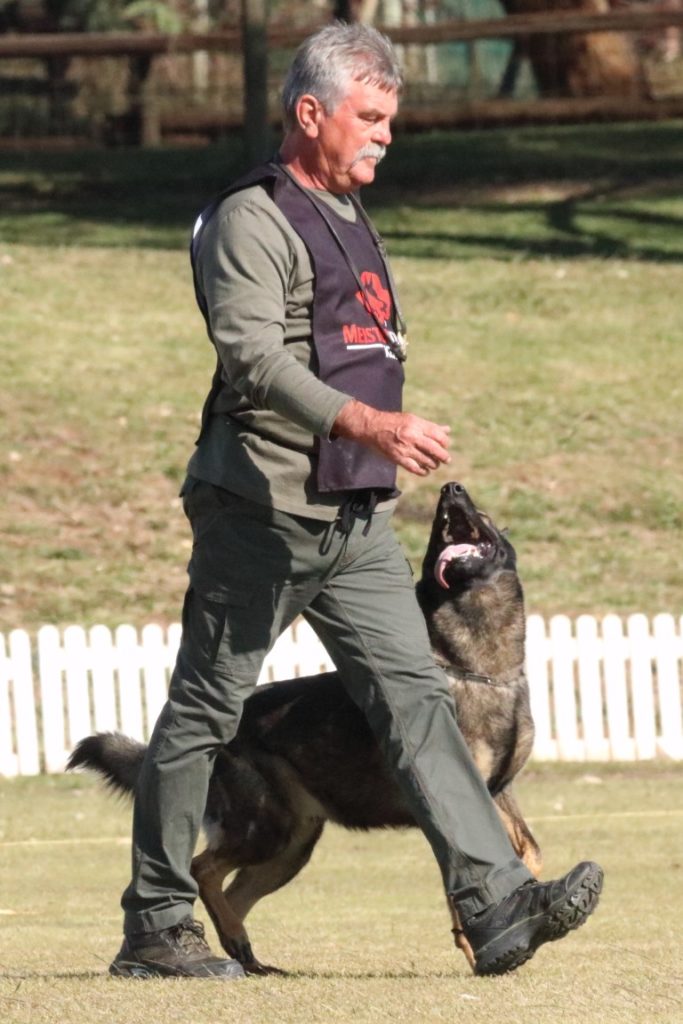
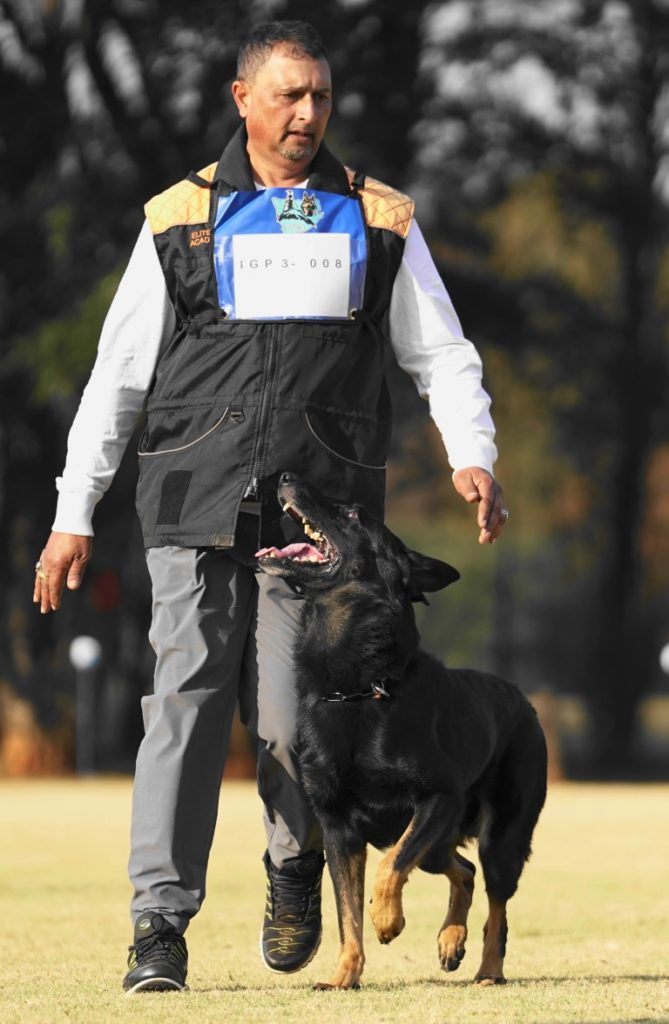
IGP is a sport that is enjoyed by people of all ages who join together in their common interest in training and working with their dogs. A completely healthy, capable and sound dog is a requirement for IGP training. Character traits such as self-confidence, drive predisposition and pleasure in working must be a distinctive feature in the dog.
There are three IGP titles: IGP1, IGP2 and IGP3. At any time the judge may dismiss a dog for showing poor temperament, including fear or aggression. Anyone who has ever actively dealt with the topic of “commercial dog sport” knows: it’s not about aggressiveness, violence and injury. Quite the opposite. The dog is trained in the areas of impulse control (protection), obedience (subordination) and controlled prey drive (tracking), which leads to significantly more exuberant and “controllable” dogs. A dog must pass all three phases in one trial to be awarded an IGP title. Each phase is judged on a 100-point scale. The minimum passing score is 70 for each phase. These three pillars of the IGP are always trained together with the dog so that the dog can use and utilize all of its senses and stimuli equally.
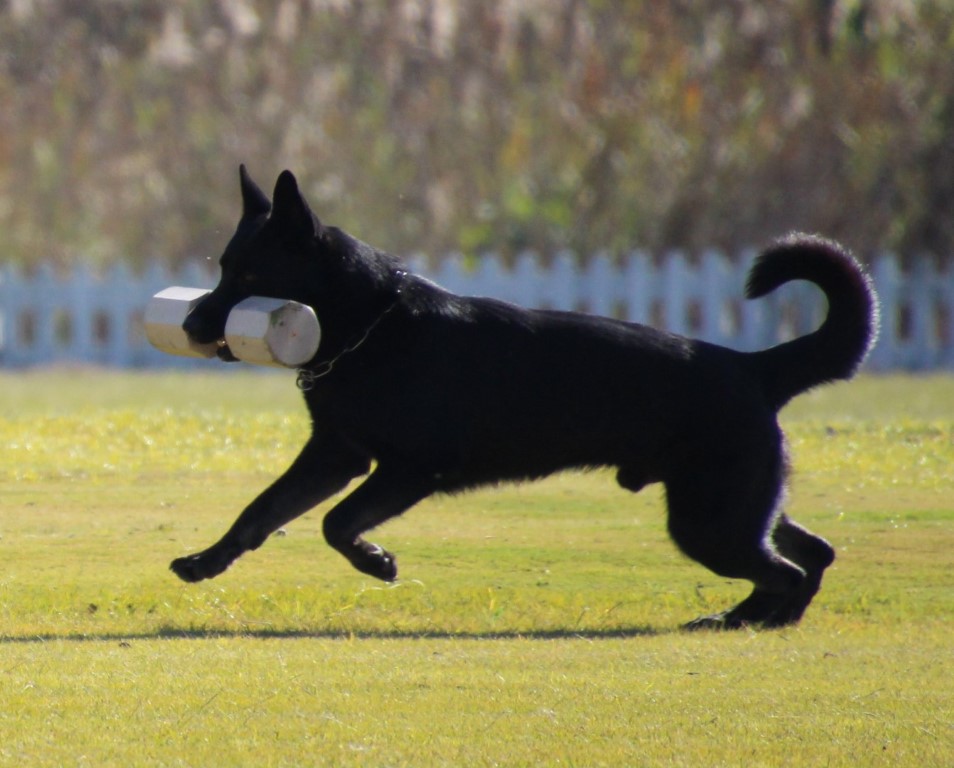
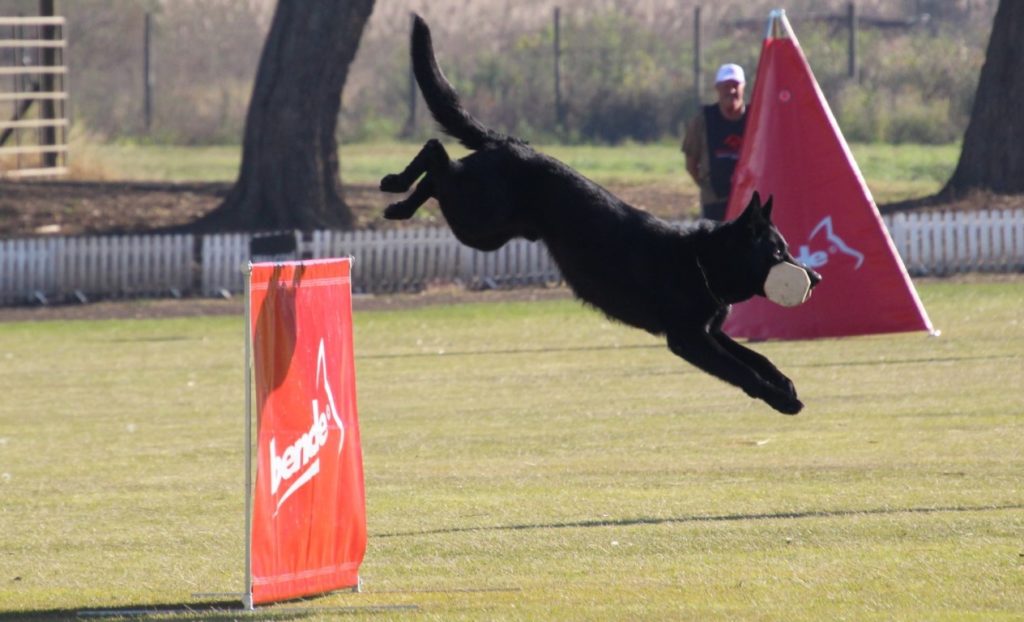
IGP is a sport that focuses on developing and evaluating working traits in dogs that make them more useful and happier companions to their owners. Dogs that are trained in IGP bring a lot of positive traits to the table :
- They are generally balanced, both physically and mentally because they are challenged holistically and in a species appropriate manner;
- They develop a stronger bond with their owners and therefore trust their owners completely;
- They are more obedient and have better social skills which are promoted and developed through training sessions with other dogs;
- They have learnt to be patient and mentally strong with better control over stimuli.
